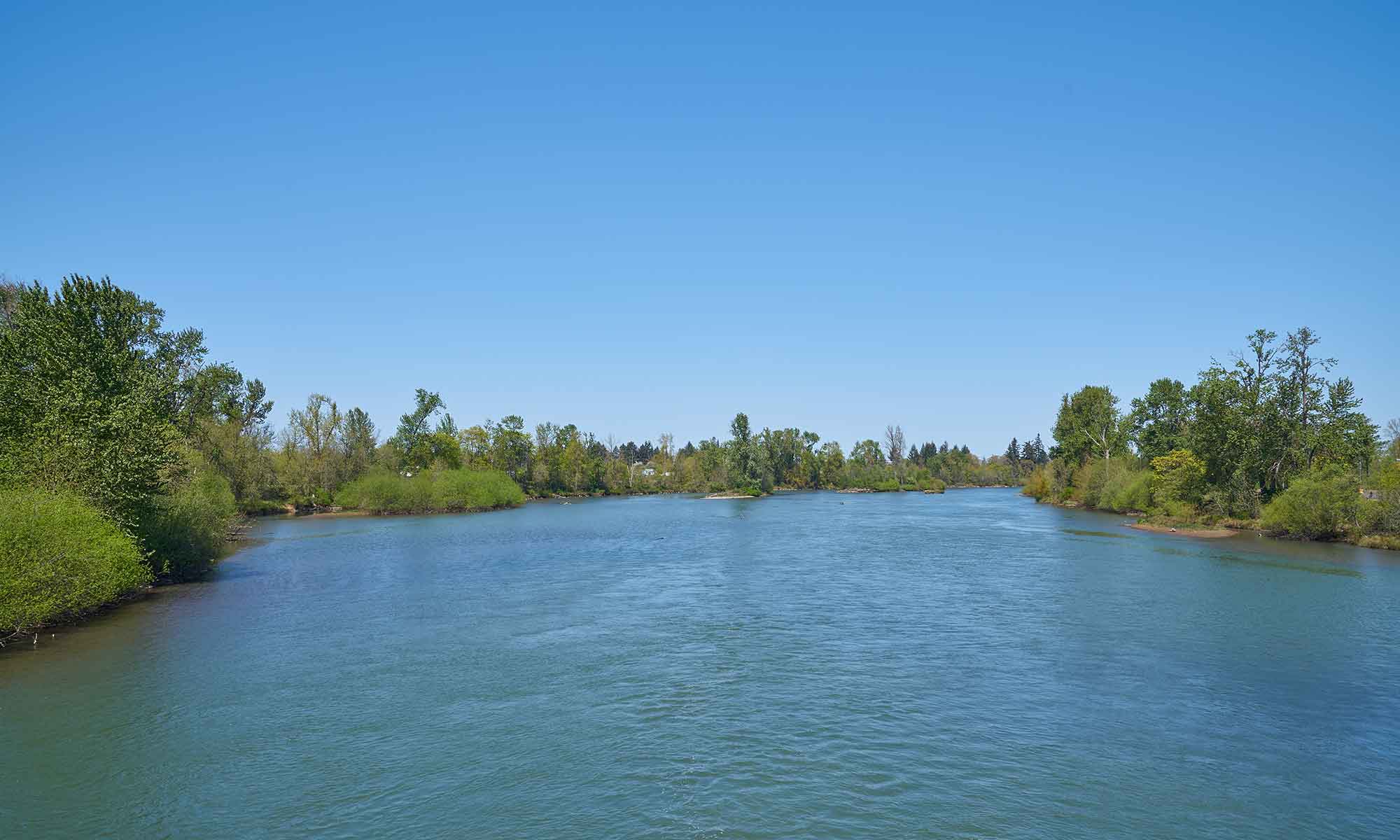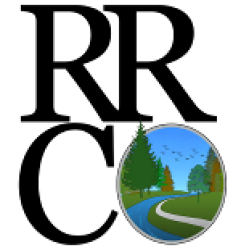Do you want to help improve and protect the livability of the River Road neighborhood? • Do you want to stay informed about activities and decisions affecting the neighborhood? • Do you want a say on policies and decisions that affect the neighborhood? • Do you want to work collaboratively … Read more
March board elections
Do you want to help improve and protect the livability of the River Road neighborhood? • Do you want to stay informed about activities and decisions affecting the neighborhood? • Do you want a say on policies and decisions that affect the neighborhood? • Do you want to work collaboratively … Read more
Neighbors Getting Organized
Savanah Forster wrote the reflections below after our November RRCO general meeting.
Why get organized as a neighborhood?
One of the most popular breakout groups at the November RRCO zoom meeting was for those interested in working with their neighbors on ways to address climate change. In that session my … Read more
Fears and Facts
Recently the community was asked to consider a safe sleep parking facility in the previous Park and Ride station at River Road and River Avenue. The city was considering that spot or one a block or so away at a church that had closed. There was a long thread in … Read more

